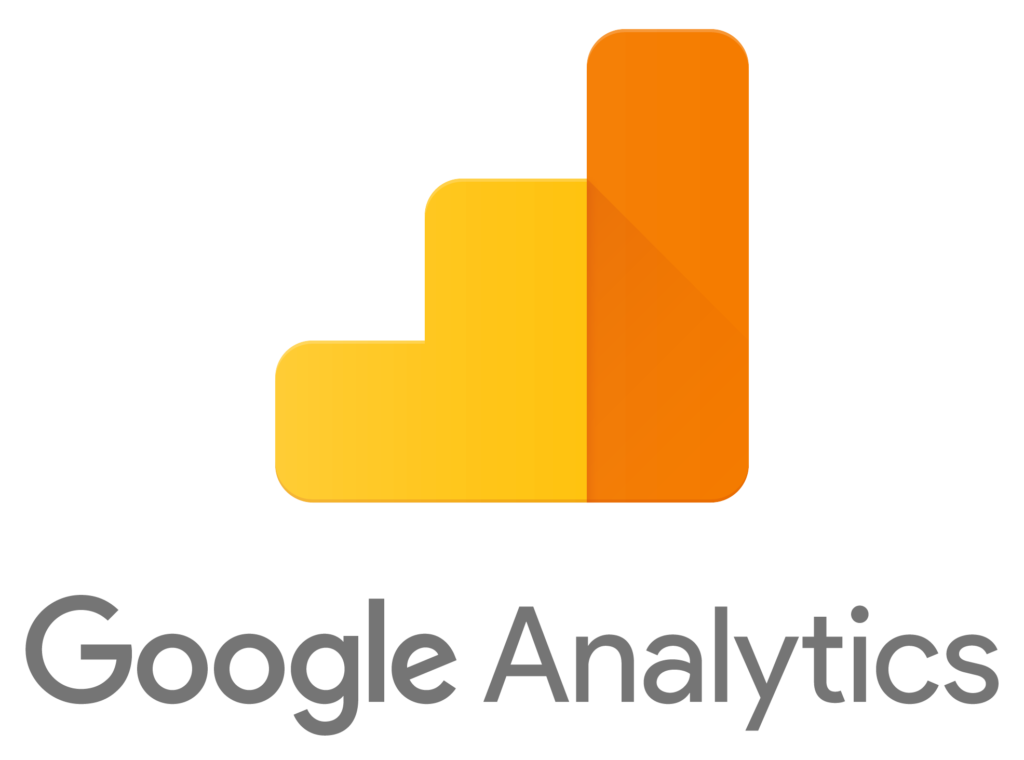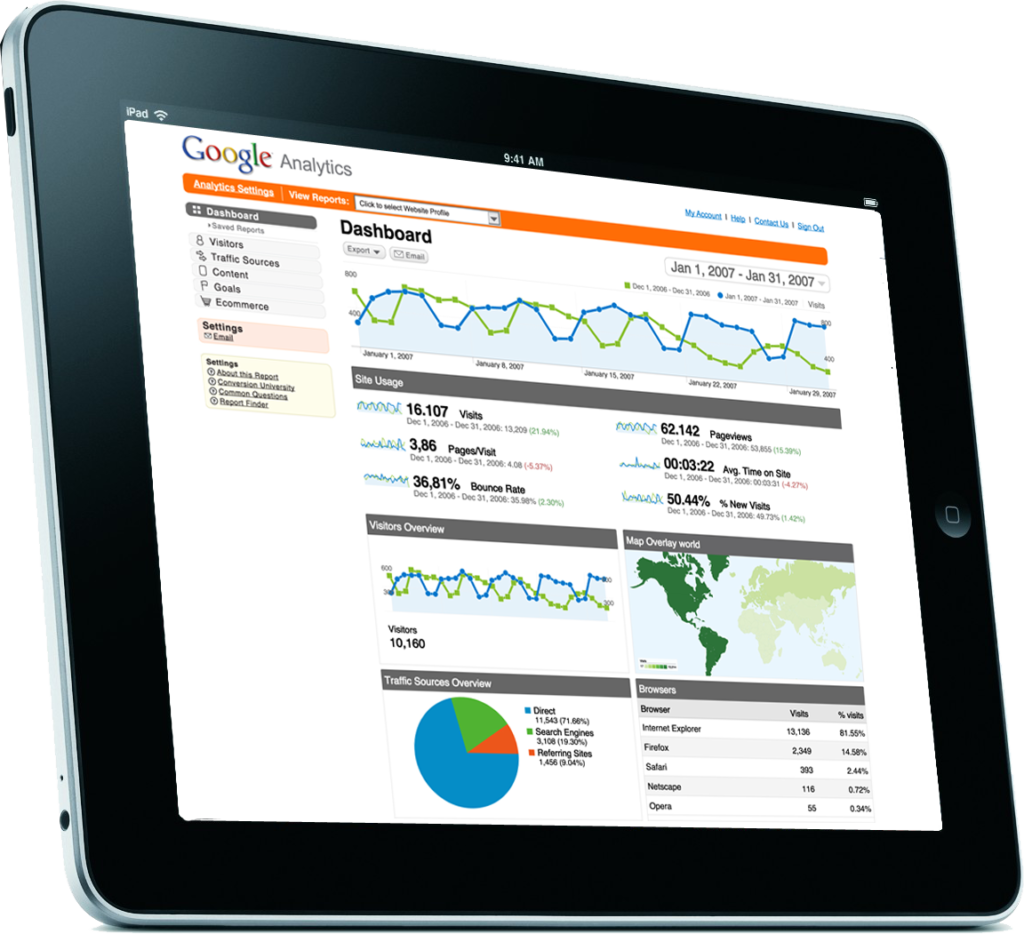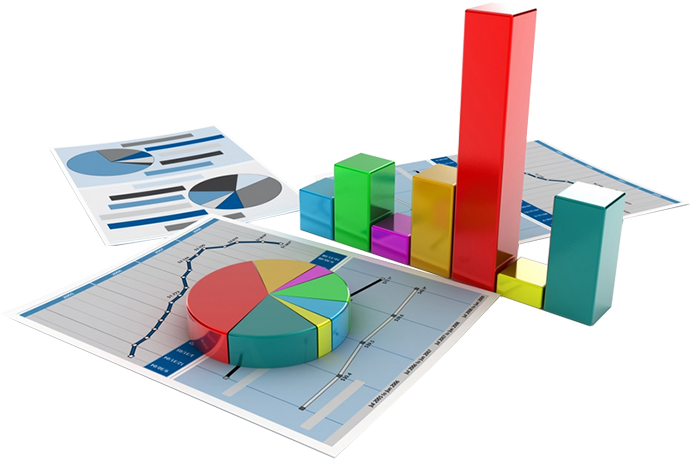Boosting your online shop’s performance requires a comprehensive understanding of your website’s traffic, user behavior, and conversion metrics. Leveraging powerful analytics tools like Google Analytics can provide invaluable insights that drive strategic decision-making and optimize your e-commerce strategy for maximum success.

Google Analytics is a robust and versatile platform that offers a plethora of features and functionalities to track, analyze, and interpret data related to your website’s performance. From monitoring visitor traffic and engagement to identifying conversion bottlenecks and optimizing marketing campaigns, Google Analytics empowers online shop owners with the tools they need to thrive in a competitive digital landscape.

One of the most critical aspects of utilizing Google Analytics effectively is setting up accurate tracking parameters to capture relevant data points. This includes implementing tracking codes on your website, configuring goals and events to measure specific actions, and defining e-commerce tracking to monitor transactional data such as revenue, product sales, and conversion rates.
Once your tracking is in place, Google Analytics provides a wealth of reports and metrics to help you gain insights into various aspects of your online shop’s performance. Key metrics to focus on include:

- Traffic Sources: Understand where your website visitors are coming from, whether it’s through organic search, paid advertising, social media, or referral traffic. By identifying your most significant traffic sources, you can allocate resources effectively and optimize your marketing efforts for maximum ROI.
- User Behavior: Dive deep into how users interact with your website, including pages they visit, time spent on each page, bounce rates, and navigation paths. Analyzing user behavior can help you identify areas for improvement in website usability, content effectiveness, and overall user experience.
- Conversion Funnel: Track the progression of users through your website’s conversion funnel, from initial visit to final purchase or desired action. By identifying drop-off points and barriers to conversion, you can implement targeted strategies to optimize your funnel and increase conversion rates.
- E-commerce Performance: Monitor key e-commerce metrics such as revenue, average order value, conversion rate, and product performance. Understanding your online shop’s sales data can help you identify top-selling products, optimize pricing strategies, and implement targeted promotions to drive sales.
- Audience Insights: Gain valuable insights into your website’s audience demographics, interests, and behavior segments. Understanding your target audience allows you to tailor your marketing messages, content, and promotions to better resonate with your customers’ needs and preferences.
In addition to standard reports, Google Analytics offers advanced features such as custom reports, segmentation, and data visualization tools to further analyze and interpret your website’s data. By leveraging these capabilities, you can uncover hidden insights, identify trends, and make data-driven decisions to grow your online shop effectively.

Furthermore, integrating Google Analytics with other marketing platforms and tools can provide a more comprehensive view of your online shop’s performance and streamline your data analysis process. For example, linking Google Analytics with Google Ads allows you to track the effectiveness of your advertising campaigns and attribute conversions accurately.
To maximize the effectiveness of Google Analytics for your online shop, consider the following best practices:

- Regularly review and analyze your website’s performance metrics to identify areas for improvement and optimization.
- Set up custom alerts to receive notifications for significant changes in key metrics or anomalies in your data.
- Utilize Google Analytics’ experiment feature to conduct A/B tests and optimize website elements for better conversion rates.
- Stay informed about updates and new features in Google Analytics to take advantage of the latest advancements in data analysis and reporting.
Information is the oil of the 21st century, and analytics is the combustion engine.
Peter Sondergaard, Senior Vice President and Global Head of Research at Gartner, Inc.
In conclusion, Google Analytics is a powerful tool that can significantly impact the success of your online shop by providing actionable insights into your website’s performance, user behavior, and conversion metrics. By leveraging its features and functionalities effectively, you can optimize your e-commerce strategy, drive more traffic and sales, and ultimately boost your online shop’s success in today’s competitive digital marketplace.







